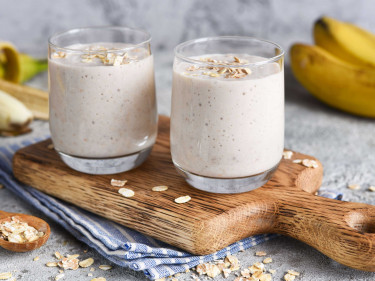What is the Mediterranean diet?
The Mediterranean diet is technically not a ‘diet’ as such; it is more of a way of life based on the dietary traditions of Greece and southern Italy in the 1950s and 1960s. At the time, rates of chronic disease in these areas were among the lowest in the world.
The Mediterranean diet has a strong focus on intake of core foods in addition to olive oil, coffee and wine, and low intake of meat, sugar and highly processed foods.
What foods are eaten in the Mediterranean diet?
The following foods are encouraged regularly:
- Fruits and vegetables
- Legumes
- Cereals
- Low-fat dairy
- Olive oil
- Nuts
- Weekly intake of oily fish such as (mackerel, herring, sardines)
- Herbs and spices instead of salt
- Wine and coffee in moderation
The following foods are limited:
- Red and processed meat
- High sugar foods (i.e., desserts such as ice cream)
What are the potential benefits of the Mediterranean diet?
1) Reduced disease risk: There is strong scientific evidence from a systematic meta-review of 626 studies which showed that the Mediterranean diet can improve health status and may reduce risk of all-cause mortality, cancer, heart disease, hypertension, type 2 diabetes.
2) Improve cognitive functioning: There is a moderate degree of evidence from 5 studies which showed a higher adherence to the Mediterranean diet is associated with a reduced risk of developing mild cognitive impairment and Alzheimer’s disease.
3) Weight loss: While the focus of the Mediterranean diet is not weight loss, when combined with a kilojoule restriction, it can be effective for weight loss. A review of 16 studies showed an average reduction of -1.75kg in those adhering to the Mediterranean diet when compared to control diet. This was even greater in studies greater than 6-months (-2.69kg) and when combined with physical activity (-4.01kg)
What are the downsides and risks of Mediterranean diet?
There are no known risk or side-effects associated with the Mediterranean diet.
The bottom line:
The Mediterranean diet is a healthy dietary pattern with strong evidence demonstrating its benefits to reducing disease risk and weight loss. The effects of this diet are even stronger when combined with other healthy lifestyle habits such as physical activity and avoidance of tobacco smoking and excessive alcohol consumption.
To find out if your diet is healthy check out our Healthy Eating Quiz













